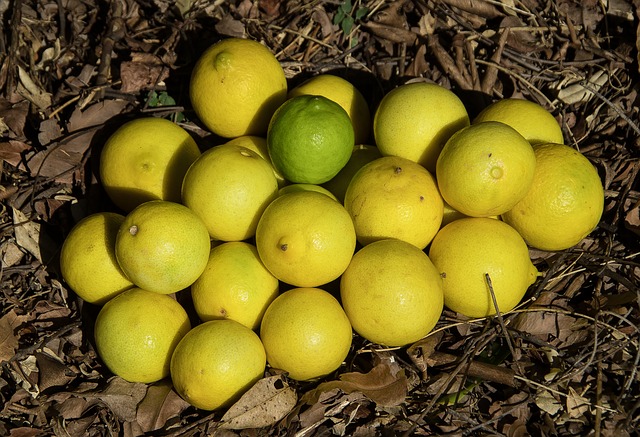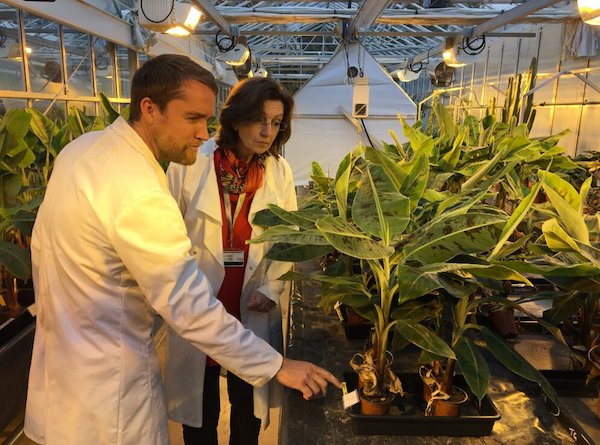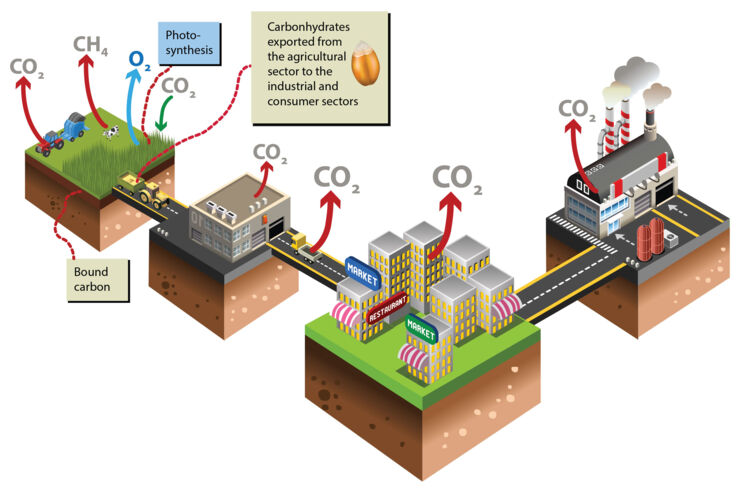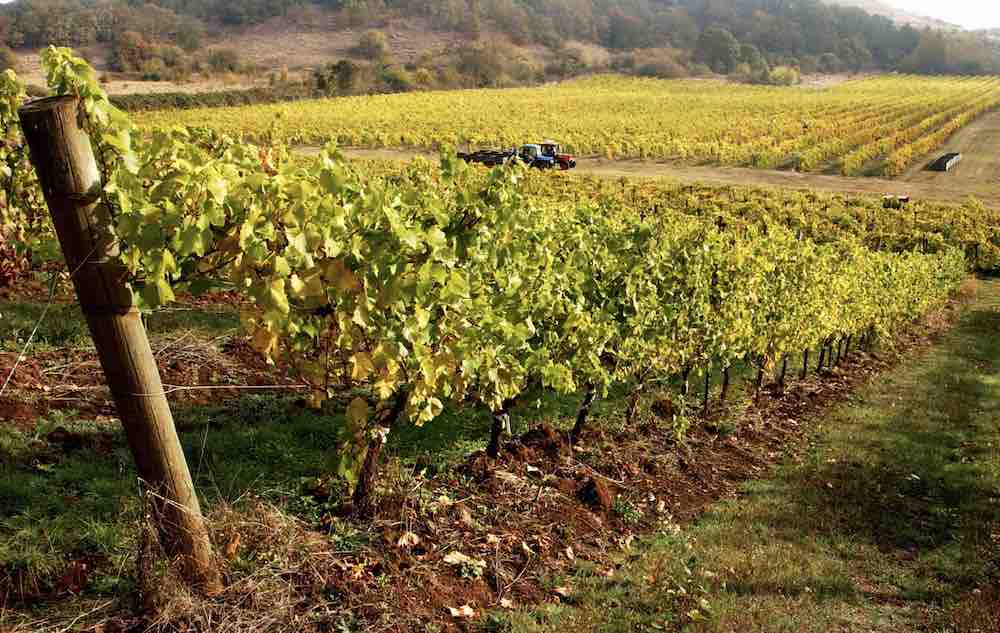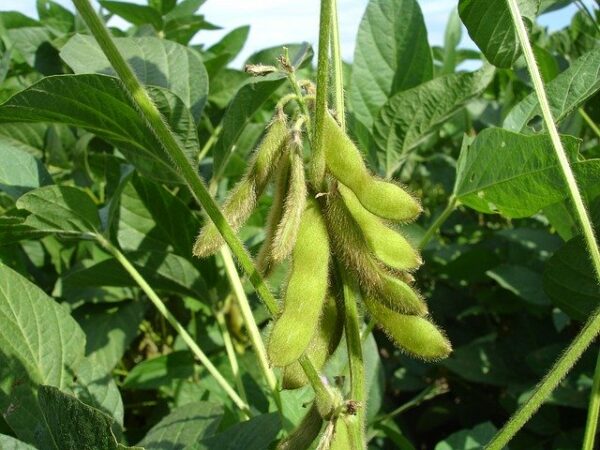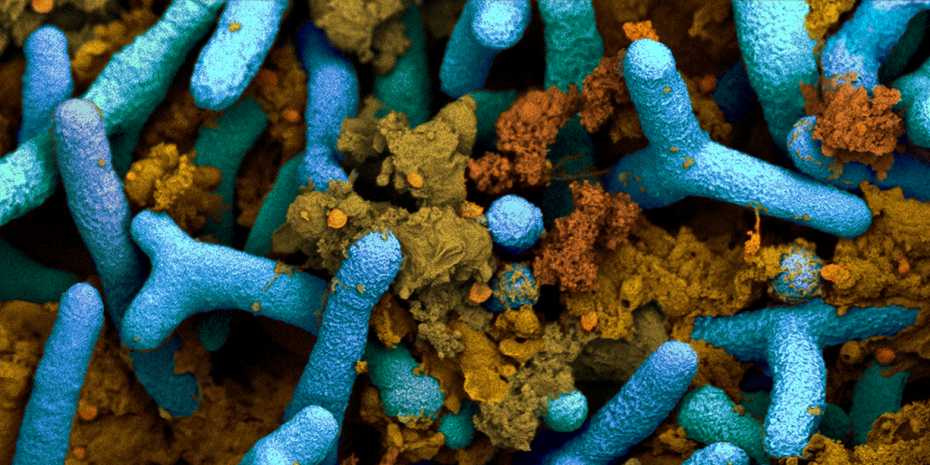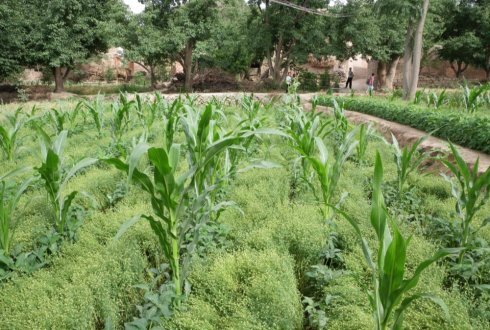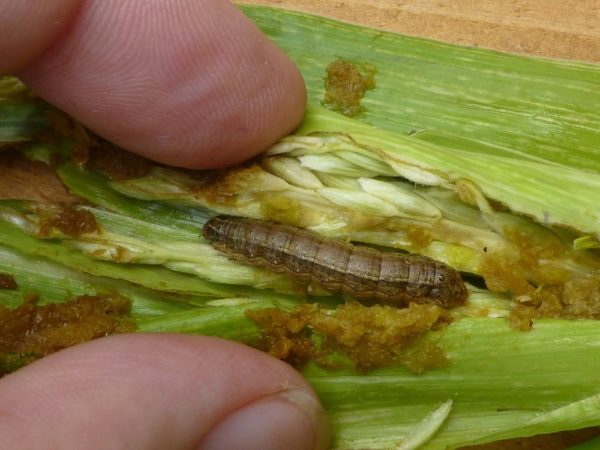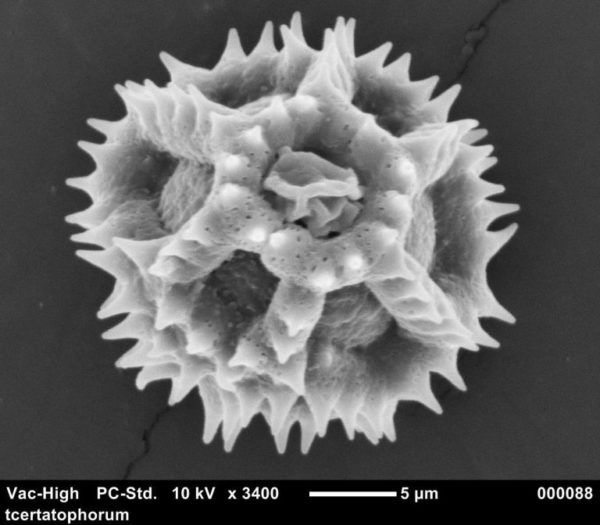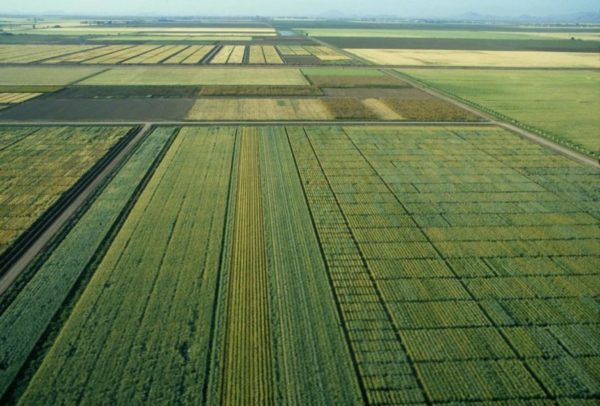
Wheat, in its own right, is one of the most important foods in the world. It is a staple food for more than 2.5 billion people, it provides 20% of the protein consumed worldwide and, according to the FAO, supplies more calories than any other grain. Its long-term productivity, however, is threatened by rising temperatures, among other factors. Stress from heat, an increasing trend due to climate change, affects its performance, a fact that needs urgent solutions bearing in mind that, according to some estimates, the world’s population will reach 9 billion by the year 2050.


